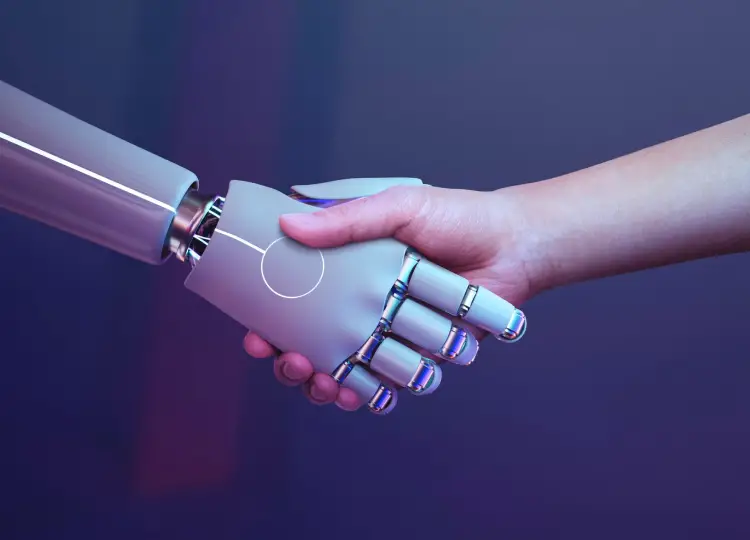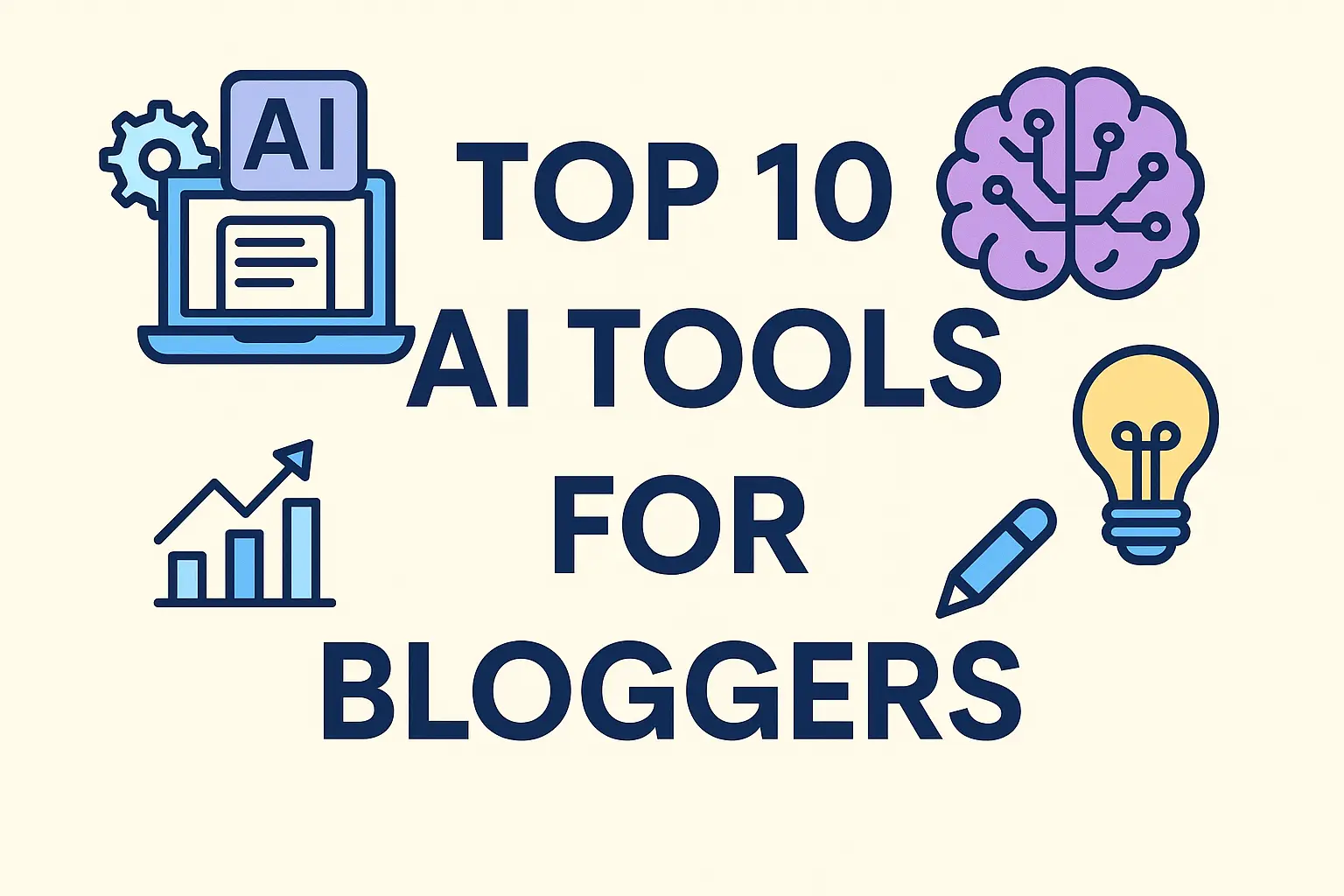Image by rawpixel.com on Freepik
Artificial Intelligence (AI) has emerged as one of the most transformative technologies of our time, revolutionizing industries, driving innovation, and reshaping the way we live and work. Over the past decade, AI has made incredible strides, but what does the future hold for this remarkable field? In this article, we will explore the trends and predictions that experts envision for AI over the next decade.
The Current State of AI
Before diving into the future, let's take a brief look at where AI stands today. AI has already made significant inroads in various domains, including:
1. Healthcare
AI-powered diagnostic tools can assist doctors in identifying diseases, analyzing medical images, and predicting patient outcomes. AI is also being used to develop personalized treatment plans and accelerate drug discovery.
2. Finance
In the financial sector, AI algorithms analyze vast amounts of data to detect fraud, optimize trading strategies, and assess credit risks. Chatbots and virtual assistants are enhancing customer service and streamlining operations.
3. Autonomous Vehicles
Self-driving cars are becoming a reality, thanks to AI-powered perception and decision-making systems. These vehicles have the potential to reduce accidents, traffic congestion, and carbon emissions.
4. Natural Language Processing
Natural Language Processing (NLP) technologies like OpenAI's GPT-3 have advanced language understanding and generation capabilities. These models are being used for everything from chatbots and content generation to language translation.
5. Robotics
Robots are becoming more sophisticated, enabling automation in industries such as manufacturing, agriculture, and healthcare. Collaborative robots (cobots) are working alongside humans in factories, enhancing productivity and safety.
Trends Shaping the Future of AI
As we look ahead to the next decade, several key trends are expected to shape the trajectory of AI:
1. Continued Advancements in Deep Learning
Deep learning, a subset of machine learning, has been at the forefront of AI breakthroughs. In the coming years, we can anticipate even more sophisticated neural networks and models that enable AI systems to understand and process information with unprecedented accuracy.
2. Explainable AI (XAI)
As AI systems become increasingly integrated into critical decision-making processes, the need for transparency and explainability grows. XAI techniques will be crucial in making AI systems more accountable and understandable to humans.
3. AI Ethics and Regulation
The ethical use of AI and responsible AI development will take center stage. Governments, organizations, and the AI community will work together to establish regulations and guidelines to ensure AI is used for the benefit of society without unintended biases or risks.
4. AI in Edge Computing
Edge AI, which involves deploying AI algorithms directly on devices like smartphones, cameras, and IoT devices, will become more prevalent. This reduces the need for constant data transfer to the cloud and enhances real-time processing capabilities.
5. AI in Healthcare Diagnostics
AI will play a pivotal role in early disease detection and personalized medicine. From analyzing medical images to genomics and drug discovery, AI-driven solutions will help revolutionize healthcare.
6. Quantum Computing and AI
Quantum computing promises to exponentially increase computing power, potentially unlocking new AI capabilities. Quantum AI algorithms will be developed to harness the immense computational capacity of quantum computers.
7. AI for Climate Change Solutions
AI will be used to address pressing global challenges, such as climate change. From optimizing energy consumption to predicting natural disasters, AI will contribute to sustainability efforts.
8. Human-AI Collaboration
AI will increasingly work alongside humans, augmenting our capabilities in various fields. Human-AI collaboration will be pivotal in fields like education, research, and creative endeavors.
Predictions for AI in the Next Decade
While predicting the future of technology is always challenging, experts in the AI field have made several predictions about what we can expect to see over the next decade:
1. General AI (AGI) Remains Elusive
Despite significant progress, achieving Artificial General Intelligence (AGI) that can perform any intellectual task humans can do remains a long-term goal. AGI is not expected to emerge in the next decade.
2. AI in Education
AI-powered personalized education will become more widespread, adapting learning materials and strategies to individual students' needs. AI tutors and virtual classrooms will enhance the education experience.
3. Enhanced Cybersecurity
AI will play a critical role in cybersecurity, helping organizations detect and mitigate cyber threats in real-time. AI-driven defenses will become essential in protecting sensitive data.
4. AI in Art and Creativity
AI-generated art, music, and literature will become increasingly sophisticated. Artists will collaborate with AI to create novel and imaginative works.
5. AI-Assisted Healthcare
AI will aid healthcare professionals in diagnosing diseases, predicting patient outcomes, and developing treatment plans. Wearable AI devices will monitor health continuously.
6. AI in Space Exploration
AI-powered autonomous spacecraft and rovers will play a crucial role in space exploration, conducting research on distant planets and celestial bodies.
7. AI-Driven Sustainable Solutions
AI will contribute to sustainability efforts by optimizing resource allocation, reducing waste, and predicting and mitigating the impact of climate change.
8. AI-Powered Language Translation
AI-driven language translation will reach near-human levels of accuracy, facilitating global communication and bridging language barriers.
Challenges Ahead
Despite the immense promise of AI, several challenges must be addressed:
1. Ethical Concerns
As AI becomes more integrated into society, ethical questions surrounding privacy, bias, accountability, and job displacement must be addressed through regulation and responsible AI development.
2. Data Privacy
AI relies on vast amounts of data, raising concerns about data privacy and security. Striking a balance between data access and protection will be crucial.
3. Bias and Fairness
Bias in AI algorithms can perpetuate societal inequalities. Ensuring fairness and equity in AI systems is an ongoing challenge.
4. Regulation and Governance
Establishing international standards and regulations for AI will be complex but necessary to ensure responsible AI development.
5. Technological Limitations
Overcoming current technological limitations, such as the energy consumption of deep learning models, is essential for the sustainable growth of AI.
Conclusion
The next decade promises to be an exciting and transformative period for AI. While the field will continue to advance in areas like deep learning, explainability, and ethics, the focus will remain on harnessing AI's potential for the betterment of society. AI will touch virtually every aspect of our lives, from healthcare and education to art and sustainability, fundamentally changing the way we live and work. As we navigate the challenges and opportunities ahead, collaboration among researchers, governments, organizations, and the public will be essential to ensure that AI serves as a powerful force for positive change in the years to come.





